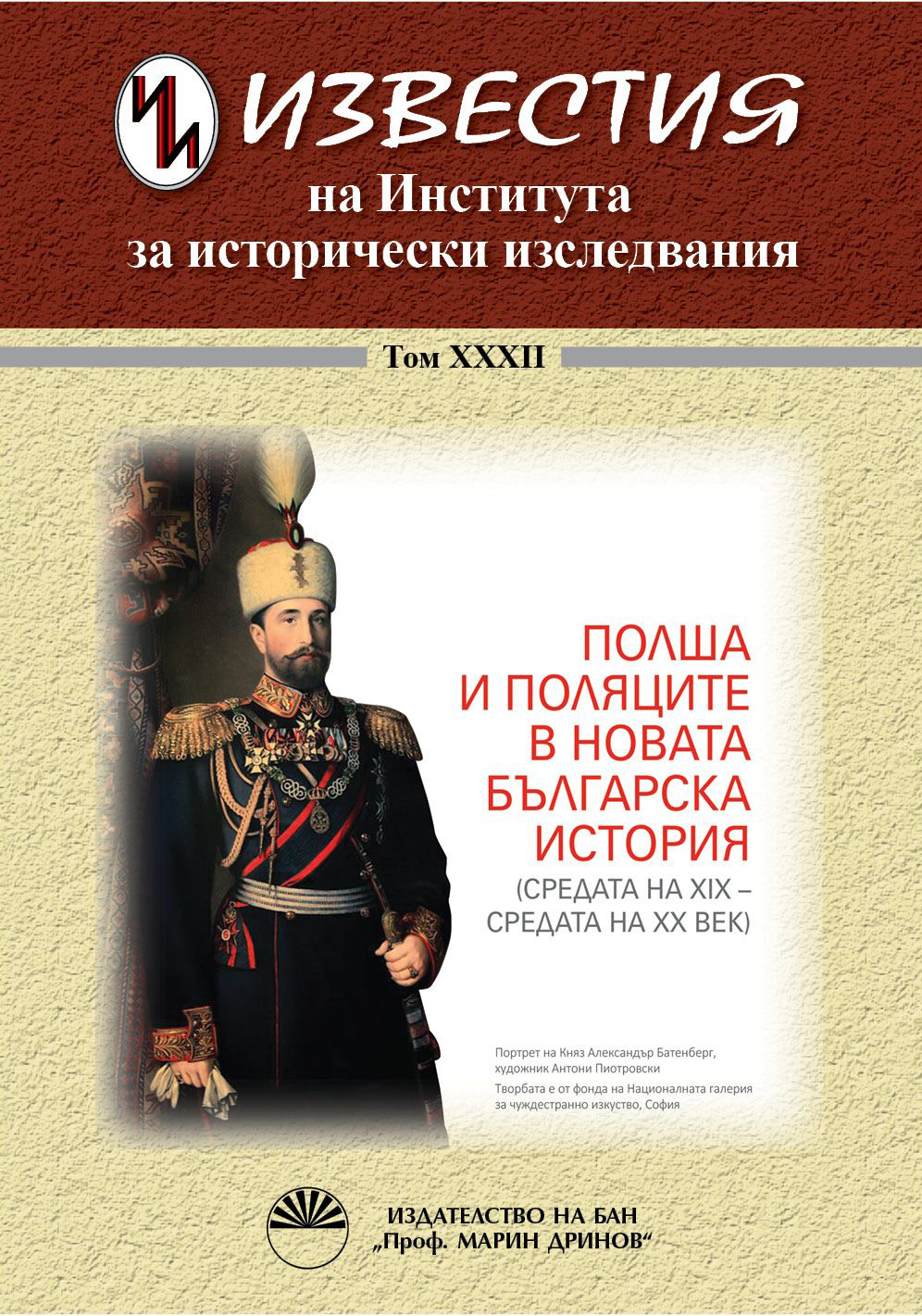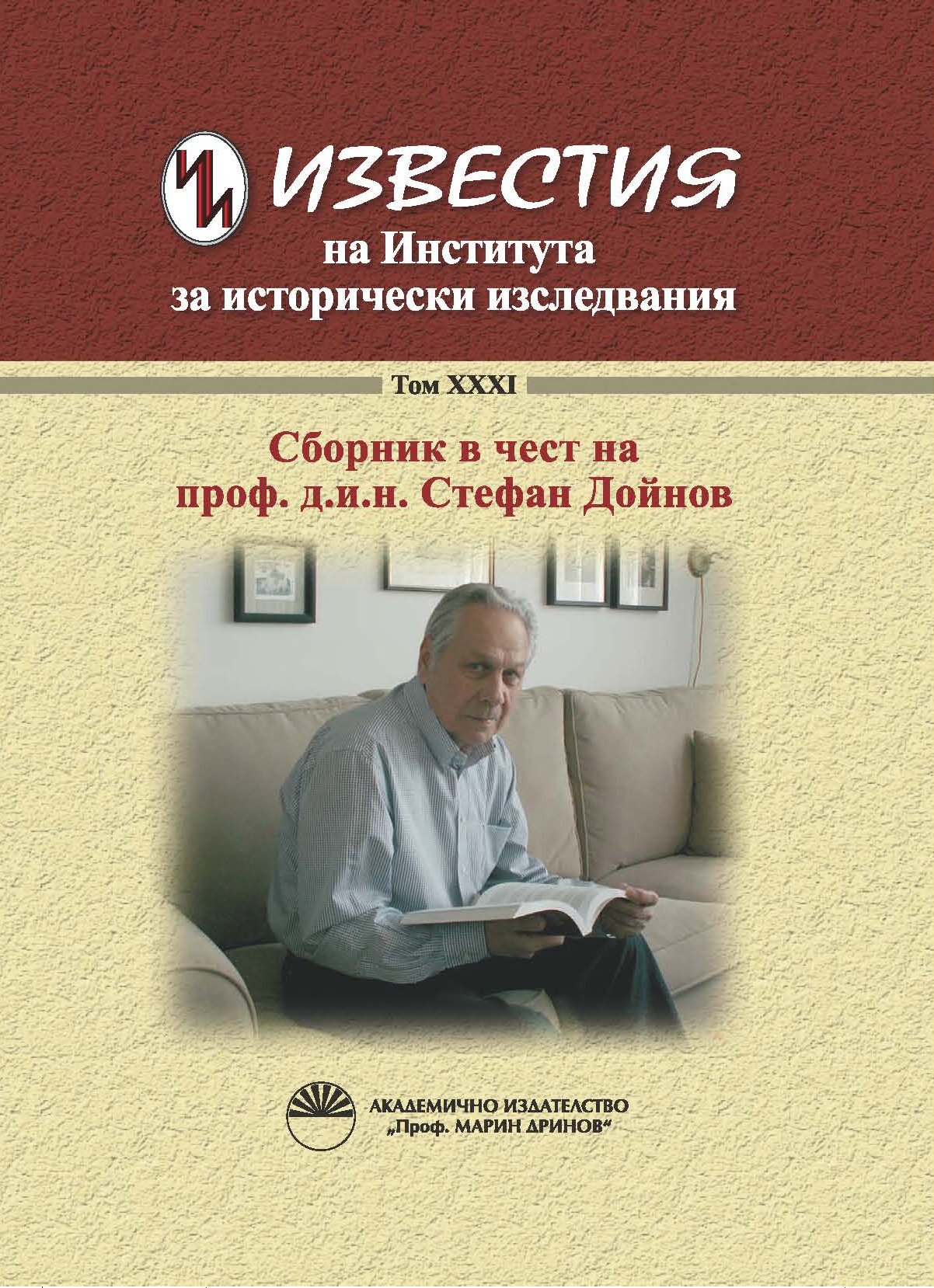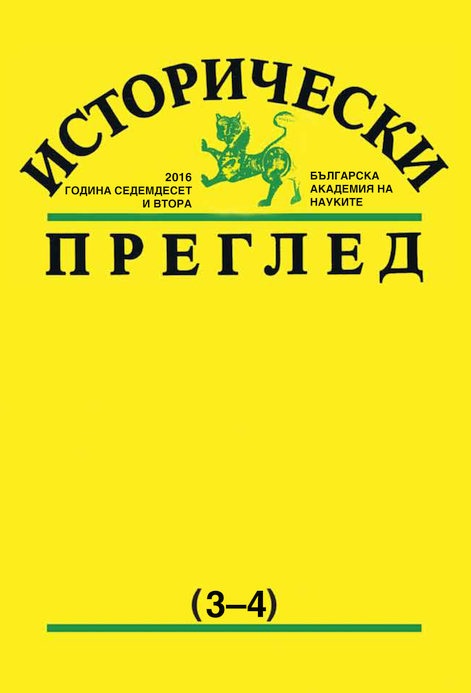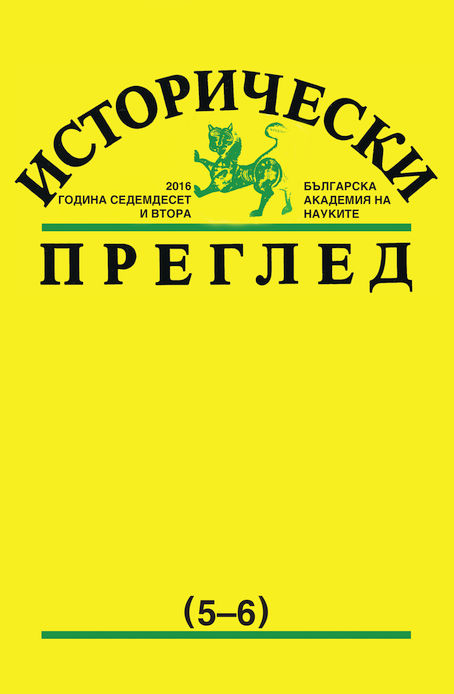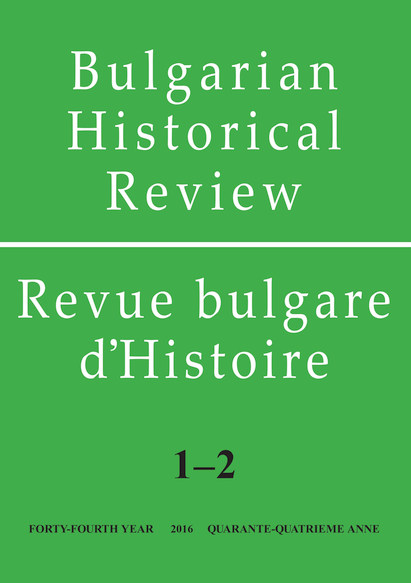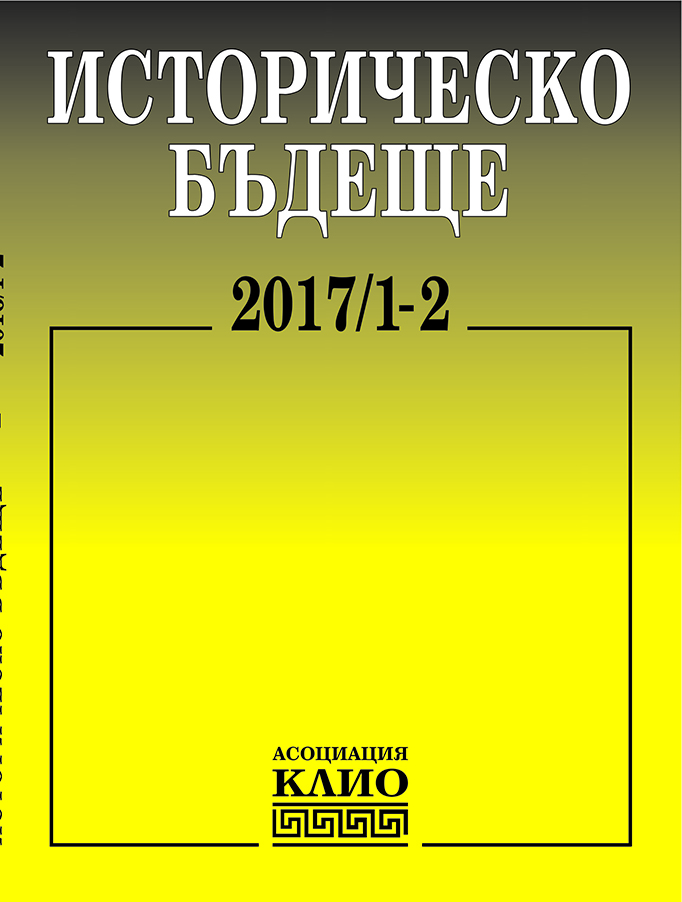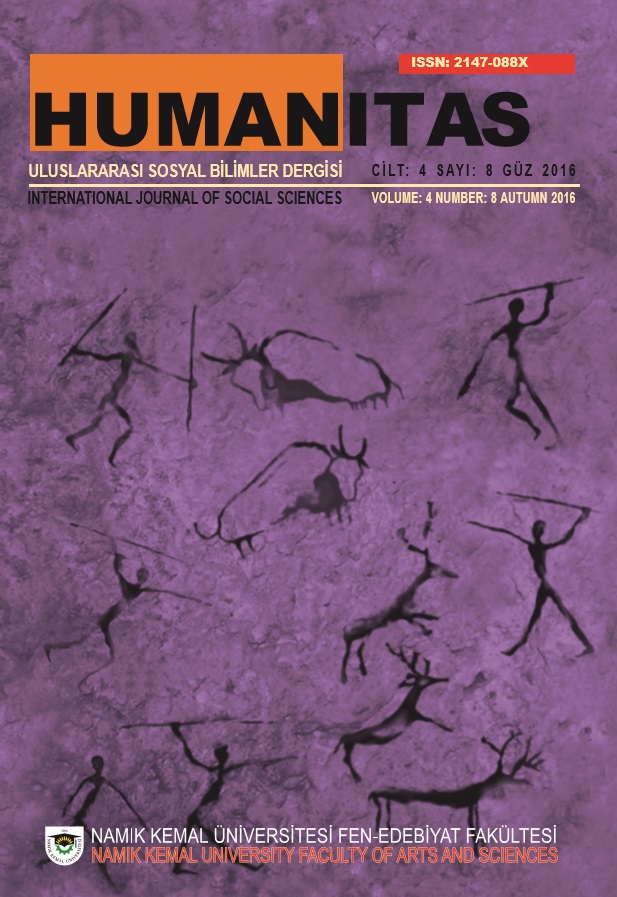
HUDÂVENDİGÂR VİLÂYETİ’NDE İSKÂN EDİLEN GÖÇMENLERE OSMANLI DEVLETİ TARAFINDAN YAPILAN YARDIMLAR (1878-1900)
After the second half of the 19th century, the immigrants coming from the Caucasus and the Rumelia caused great difficulties for the Ottoman administration. The government transferred the immigrants to temporary housing areas and met their subsistence needs, and made efforts to create permanent housing areas. The immigrants' problems were addressed by the government and tried to be solved by means of immigrant commissions created in the provinces under different names. In this period, the first group of immigrants came to the province of Hudȃvendigȃr in 1878. After this date, the Ottoman Government looked for a solution for various problems of the immigrants by establishing the Immigrant Housing Office in the provincial center of Bursa. The primary problem of the immigrants was the meeting of their need for food. For this purpose, the immigrant commissions provided immigrant families with grain for bread and meal. At the same time, the government seeking to solve these problems of immigrants permanently by allowing them to cultivate, provided immigrant families with seeds in addition to the allocation of land. The second important problem for the immigrants was to meet their housing needs. It was extremely important for the Ottoman administration to keep the immigrants in specific areas and prevent them from scatter around. The only way of achieving this aim was to provide the immigrant families with permanent houses to reside. For this purpose, the government either provided the immigrants with areas suitable for building their houses or preferred to build these houses in person and give them to those in need. Besides providing the immigrants with food and houses by means of local administrations, the government helped them in many ways such as exempting them from various fees, taxes and military service; supplying them with facilities of health, education and transportation expenses; giving them coal or issuing them with tezkire-i Osmaniye (identity card). The government did these aids either for free or on credit or sometimes resorted to aids by the benevolent people of Bursa to lessen the load on it to some extent.
More...
